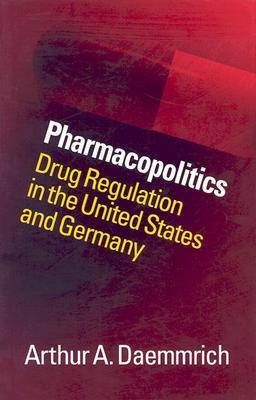
2004
First Published
3.00
Average Rating
244
Number of Pages
Part of Series
Advocates of rapid access to medicines and critics fearful of inadequate testing both argue that globalization will supersede national medical practices and result in the easy transfer of pharmaceuticals around the world. In "Pharmacopolitics," Arthur Daemmrich challenges their assumptions by comparing drug laws, clinical trials, and systems for monitoring adverse reactions in the United States and Germany, two countries with similarly advanced systems for medical research, testing, and patient care. Daemmrich proposes that divergent "therapeutic cultures"—the interrelationships among governments, patients, the medical profession, and the pharmaceutical industry—underlie national differences and explain variations in pharmaceutical markets and medical care. Daemmrich carries the United States-Germany comparison from 1950 to the present through case studies of Terramycin (an antibiotic), thalidomide (a sedative), propranolol (a heart medication), interleukin-2 (a cancer therapy), and indinavir (an AIDS drug). He points to different political constructions of "the patient" in the United States and Germany to clarify important differences in government policies and in the distribution of power among key social actors. Daemmrich advises that international regulatory harmonization and globalization in medicine must retain flexibility for social and political variation between countries, even as they achieve technical standardization.
Avg Rating
3.00
Number of Ratings
3
5 STARS
0%
4 STARS
33%
3 STARS
33%
2 STARS
33%
1 STARS
0%
goodreads

